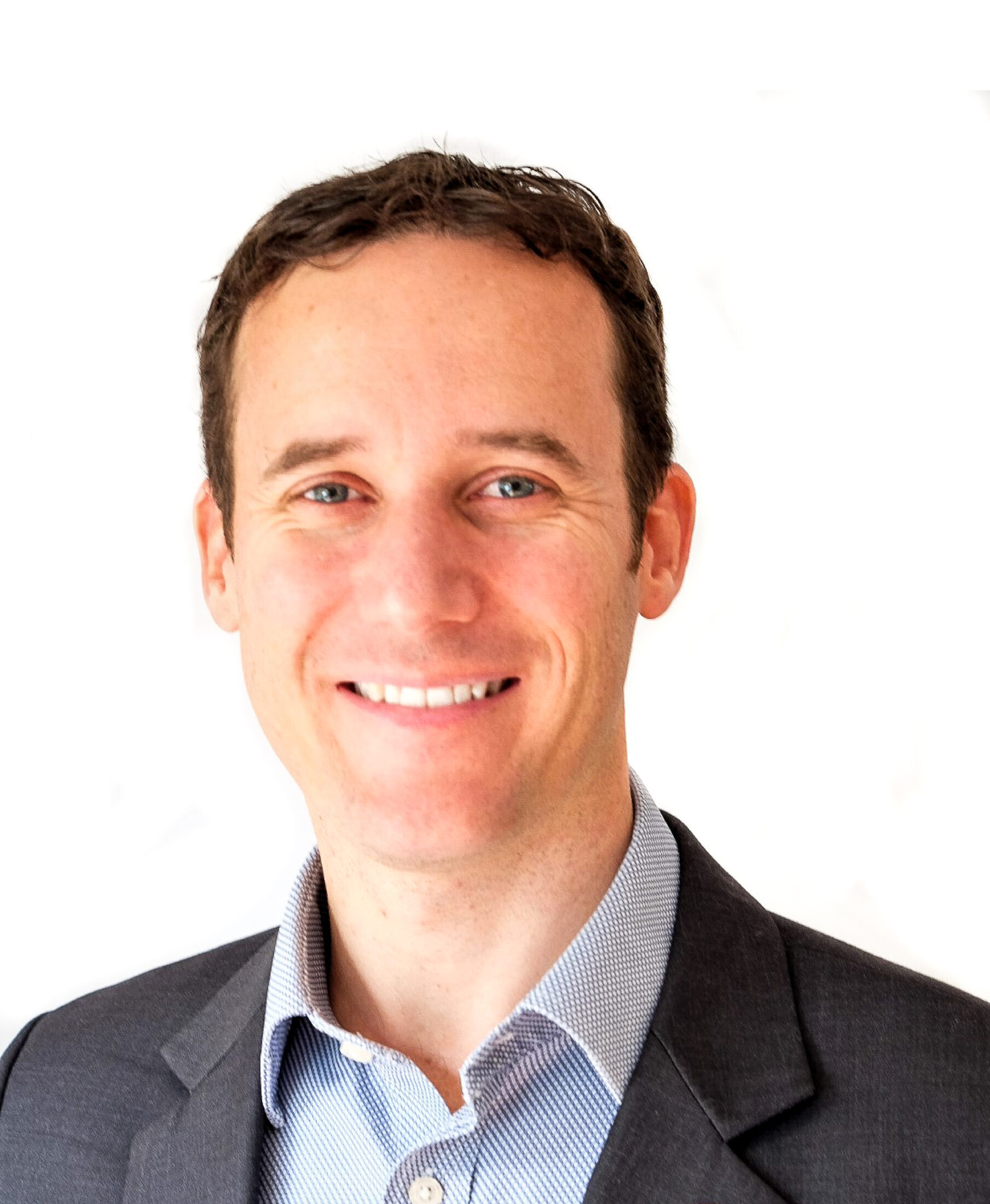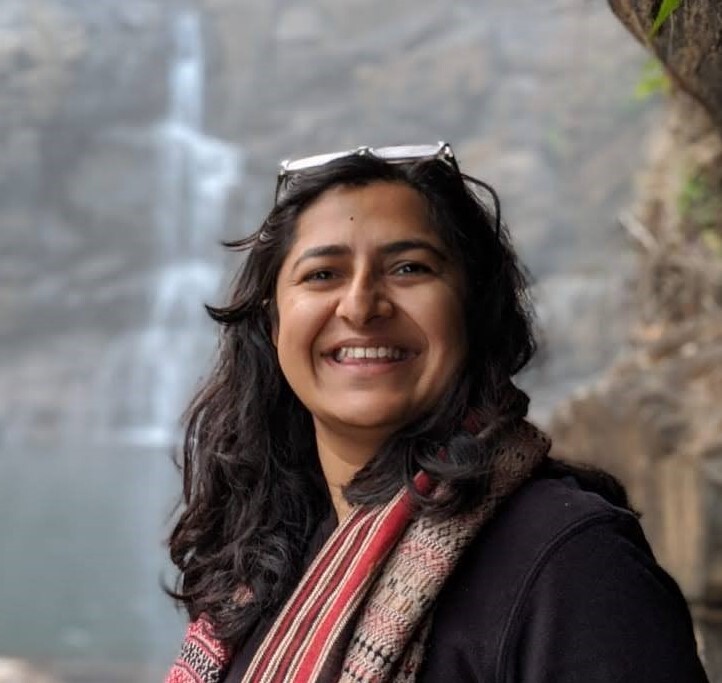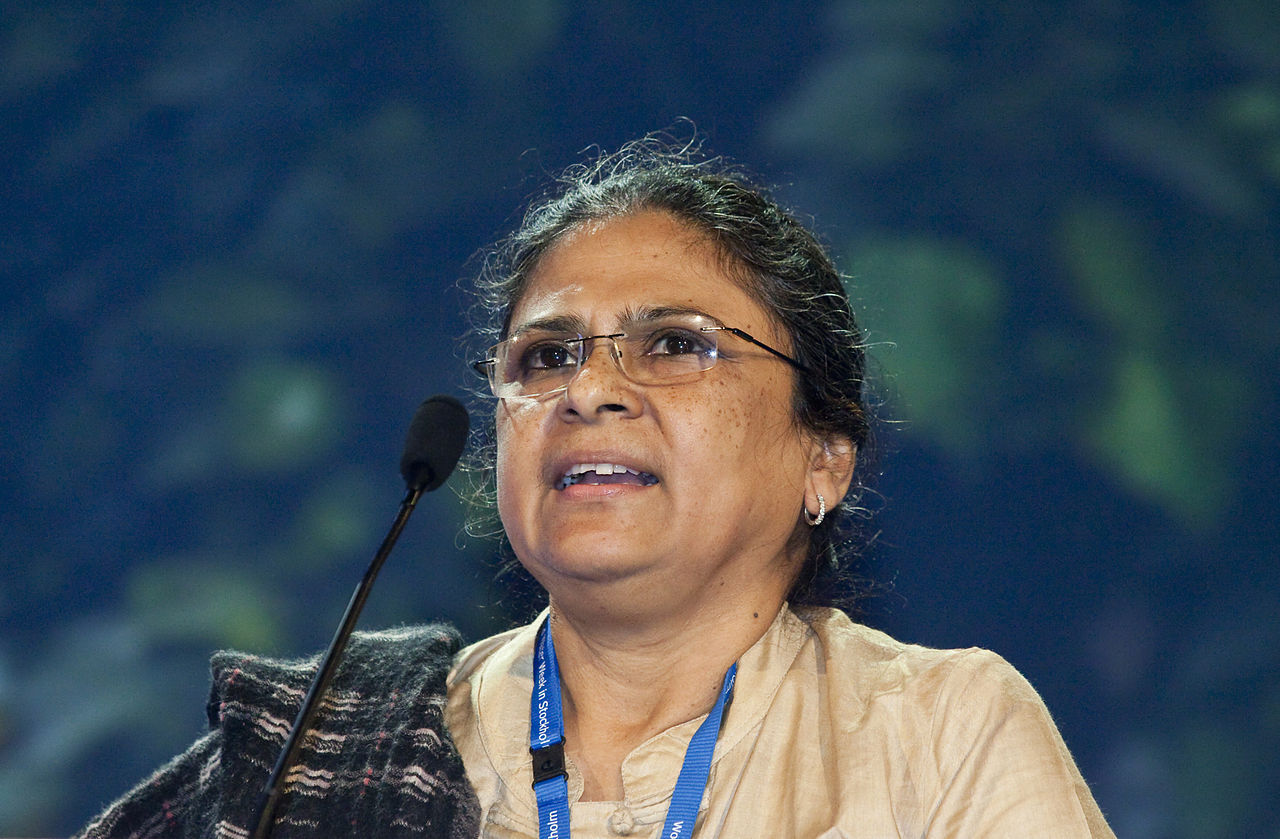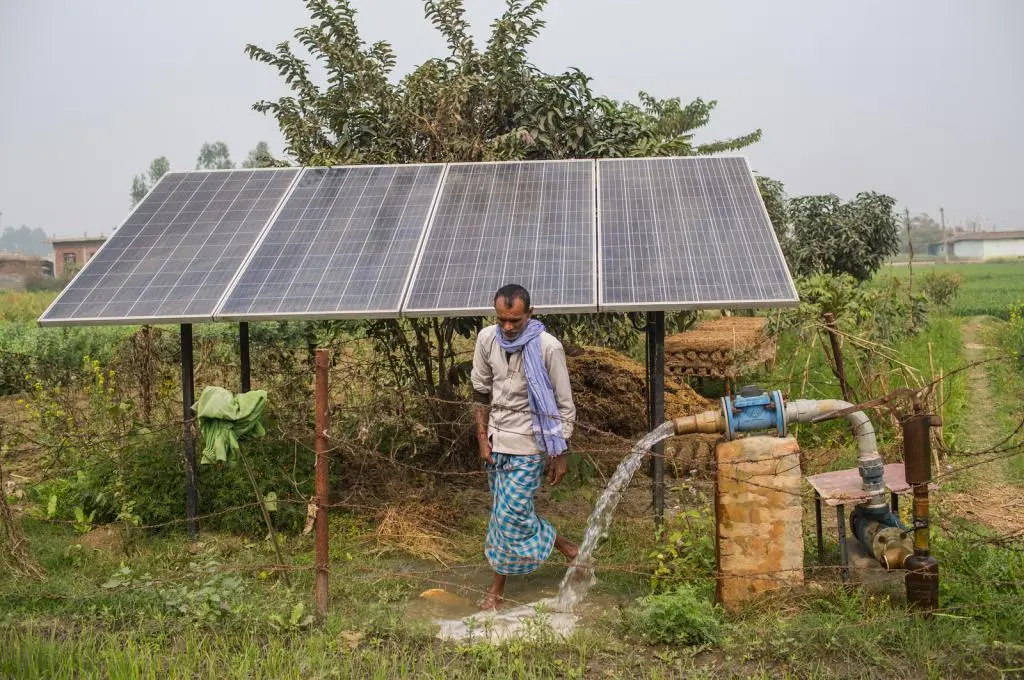Mumbai sends approximately 90,000 metric tonnes of waste from 12.4 million citizens to the Deonar dumping ground situated in the M-East ward of the city. Surrounding the mountain of garbage are informal colonies, home to approximately 7 million residents. Sakina bibi, a resident of one of these informal colonies, works with a local nonprofit on the rights of urban waste pickers who live in these colonies. Residents of these informal colonies face disproportionate risks due to climate change, but this does not figure among Sakina bibi’s everyday concerns. “What is climate change to us? We live next to this dumping ground and breathe in its fumes. The sea level might rise in a few years from now, but we struggle to survive today,” she says.
More than 1 billion people in the world live in informal settlements, with 80 percent of them residing in the Global South. Sakina bibi’s lament is thus part of a growing chorus of voices. As the world urbanises, cities in the Global South remain structurally unequal. On the one hand, these cities are sites of resource consumption and growth, but on the other, millions still struggle to access basic resources such as water, sanitation, and housing. People residing in informal settlements around the world are disproportionately impacted by climate change and resultant phenomena such as overheating and waterlogging.
Human-induced emissions, natural resource exploitation, and the inequitable distribution of resources across regions, countries, classes, and castes manifest as nested, complex challenges for humanity. To enable Sakina and her neighbours to adapt to these wicked problems, the development sector needs longer, sustained partnerships between civil society, donor agencies, private players, and governments; long-term funding cycles; and flexible, innovative approaches towards technology, economics, and governance that allow us to reimagine our collective futures.
Climate resilience programmes have structural inequalities
While we strive for climate-resilient futures, the flows of finance, technology, and decision-making power for resilience and adaptation programmes are still unidirectional and have a top-down approach. The poor continue to be considered ‘beneficiaries’ and the ‘transfer’ of knowledge and technology continues to be a norm in resilience and adaptation programme design. In order to arrive at a more holistic climate justice lens, it is important to include the marginalised in decision-making at various stages. This includes keeping their experiences and knowledge in mind while planning, designing, and implementing proposed resilience and adaptation interventions.
Funding that does reach local communities stays tied to narrow metrics and a constant need to report ‘success’ and partner with ‘successful organisations’.
The late Jockin Arputham, founding president of Slum Dwellers International (SDI), said, “The poor are never allowed to fail, and when they do they have to hide it because they can’t get another chance.” This is evident in how climate funding works. Climate adaptation and resilience funding aims to support the communities that face disproportionate impacts of climate change due to structural inequities in access to land, basic services, or housing rights. However, less than 10 percent of climate finance is dedicated to local action, less than 2 percent of humanitarian aid goes to local partners, and less than 5 percent of funds for environment protection go to indigenous peoples and local community representatives.
Moreover, the funding that does reach local communities stays tied to narrow metrics and a constant need to report ‘success’ and partner with ‘successful organisations’, without taking the time to reflect on lessons learned or on wider drivers causing projects or organisations to fail. Add to this the limited ability to attribute or predict climate impacts with reasonable accuracy in many parts of the Global South due to inadequate data availability, and we have projects that are not able to achieve their goals of climate resilience and adaptation for the most at-risk communities.
Locally led adaptation recognises the need for a shift in agency
It was in the spirit of addressing these issues that the principles for locally led adaptation (LLA) were drafted by founding signatories such as the International Institute of Environment and Development (IIED), the World Resources Institute (WRI), and the Global Resilience Partnership (GRP). Since their launch, the principles have been endorsed by government and non-governmental agencies from various parts of the world. These principles include building capacities of marginalised communities, providing patient funding, and investing in science while keeping the needs of the communities at the forefront.
While the strength of the words in these principles have attracted more than 100 organisations to endorse them, we have a long journey before we can realise their spirit. Questions of how to measure success and learn from failure to implement these principles still need to be answered. If the LLA principles are cornerstones for climate resilience, can the lack of transparent decision-making, access to patient funding mechanisms, and strengthening of capacities to address the evidence needs of marginalised communities be considered our failure in implementing them?
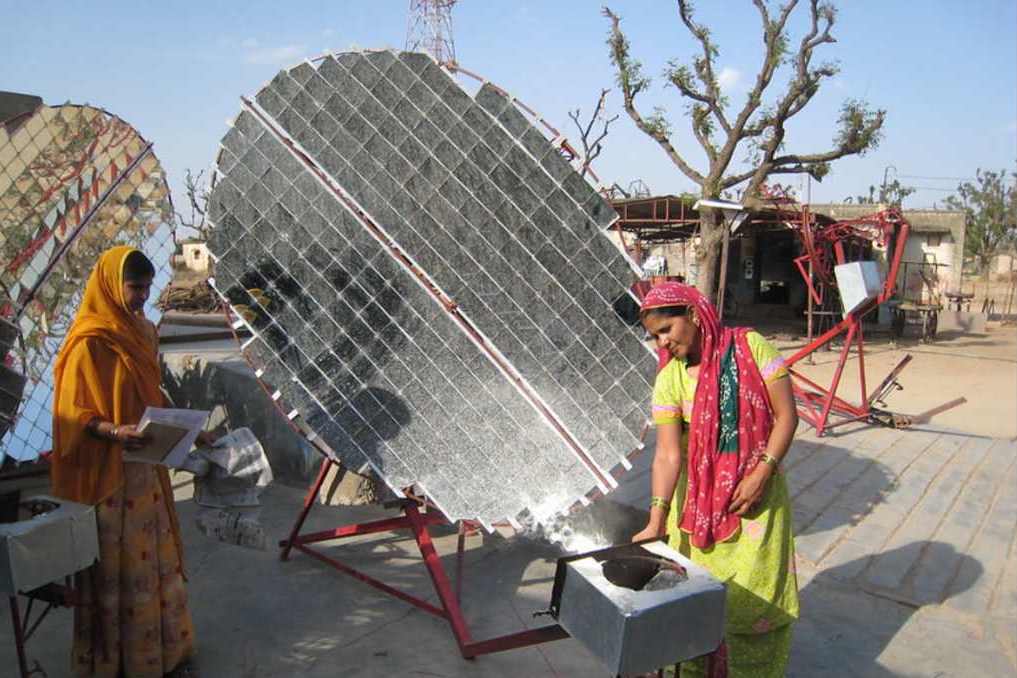
How to work towards LLA principles
The broader community of adaptation practitioners and researchers has been trying to create pathways to operationalise these locally led adaptation principles. A few points have emerged, and these have the potential to become inflection points for changing the status quo and operationalising the LLA principles.
1. Putting the needs of communities at the centre
By defining the role of communities as ‘beneficiaries’ of technology, money, and capacities, development programmes have traditionally left out an important point—people are already adapting and are resilient, not just to climate change but to all kinds of change, be it wars, pandemics, or chronic issues that affect health, education, economic, and political systems of countries across the world.
But this resilience without systemic support comes at a cost. For instance, urban communities defied India’s lockdown to migrate back to their villages en masse but suffered enormous shocks on their way home, and if they were fortunate to survive accidents, illnesses, or economic losses and get home, they stared at uncertain futures without jobs or basic incomes.
However, while communities require support, there is still a need to change the current model. According to Emilie Beauchamp and others, the effectiveness of climate adaptation interventions is diminished when accountability structures aren’t examined. Donors and international organisations often emphasise aggregating and ranking interventions around the world to assess their effectiveness. This initiates a cycle of underinvestment in the ‘underperforming’ regions. ‘Underperformance’ or failure in the development and climate adaptation sector might, unfortunately, impact the people living in these regions who stand to lose the most.
There is, accordingly, an emergence of calls from within the adaptation and resilience measurement communities to change this model. Increasingly, local priorities are at the centre of decision-making, and programmes are designed based on principles of downward accountability. The call for ‘downward accountability’—or the accountability of interventions towards the beneficiary communities—rings loud to address this failure in deciding what counts as effective evidence, and for whom. This failure weighs heavy on how implementers therefore design and implement interventions on the ground.
Thus, donors and policymakers, as users of evidence, should start putting communities’ needs first in planning, designing, and implementing initiatives by aligning their priorities with the priorities of people and nature in specific contexts.
2. Shifting the role of experts and implementers from ‘knowers’ to ‘listeners and facilitators’
In the current scenario, there is a clear hierarchy in funding, knowledge, and technology flows. And experts—researchers, practitioners, all the way up to extension workers—are used to a prevailing status quo with regard to how power and knowledge flow when projects are implemented. This holds true for both urban and rural contexts.
The ‘expert’ has to become a facilitator or a listener in the face of uncertain and complex change.
As a result of this power relationship where the expert is widely regarded as the ‘knower’, adaptation projects are often designed using reductionist technical templates without the recognition or acknowledgement of community context, values, existing norms, or the complexity and uncertainty of the environment. Unless these prevailing patterns are disrupted, marginalised communities will continue to be primed for failure.
The LLA principles call for a shift in funding, governance, and knowledge transfer formats. This cannot be operationalised by simply placing community representatives in steering committees, through proposal writing, or, worse still, by carrying out ‘consultations’. In such a scenario, community members who lack the capacities to manage funds, write proposals or project reports, and carry out projects are further set up for failure—the burden of adapting is placed on them without the provision of capacities, knowledge, or evidence to act in the face of climate change.
The Resilience Evidence Forum held in June 2023 in Cape Town recognised this problem in the implementation of climate adaptation and resilience based on the LLA principles. The recently released Resilience Evidence Forum Synthesis Report highlights that this problem of operationalising the LLA principles can only be solved by shifting the role of the expert. From being a ‘knower’ who strives to reduce uncertainty by templatising climate adaptation projects, the ‘expert’ has to become a facilitator or a listener in the face of uncertain and complex change.
What role must practitioners play?
To operationalise LLA better, we as practitioners need to listen to communities and facilitate the process of reconciling their needs and desires with their power to negotiate their rights. By taking on the role of listeners and facilitators, we as experts should be able to adopt facilitative and adaptive learning approaches with communities in adaptation and resilience projects. To be able to do this, it is important to build functions and incentives for transparent, effective programming. Doing so will also encourage important qualities such as problem solving and innovation at the local community level. Thus, the solutions aren’t preconceived and template approaches to adaptation and resilience building give way to equity-driven and consensus-forming processes that create agency within communities. For instance, in India, participatory groundwater management approaches have sought to empower communities as barefoot hydrogeologists. Equipping them with applied groundwater science enables them to make decisions on crop-water budgeting, watershed development, and water allocations.
Innovative approaches for capturing and disseminating communities’ lived experiences have emerged as tools for experts to facilitate adaptive learning in the climate and development space. For instance, Ruth Meinzen-Dick and colleagues found that behavioural games and community debriefing helped shift people’s mindset on groundwater governance and collectively empowered them to act on governing their groundwater sustainably and equitably. Public art also has a place in this. Murals and comics have been used by artists and researchers led by Gina Ziervogel to capture and share evidence—collected from people’s stories on drought resilience—that was intended to help the city of Cape Town address emergency as well as systemic measures.
Sakina bibi and her neighbours from the Baiganwadi slum of M-East Ward imagine a very different life for their future generations. “We want respect and trust and don’t want our children to keep fighting for the right to survive in this city.” Their voices are strong and clear in their need for justice, and as practitioners, we need to reflect and introspect on whether we are designing programmes that chart the ways to enable the futures that the most marginalised communities in the world desire and deserve.
—
Know more
- Read this article to learn why India’s climate discourse needs to be shaped by local forms of expression.
- Read these FAQs on locally led adaptation principles.
- Read this article to learn why solving complex social issues requires a blend of top-down and bottom-up leadership.


